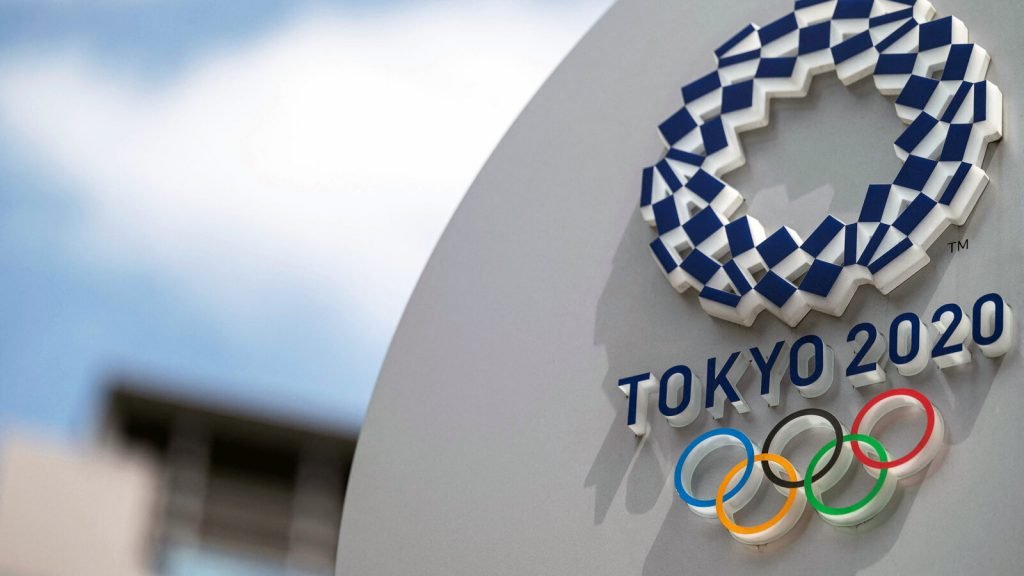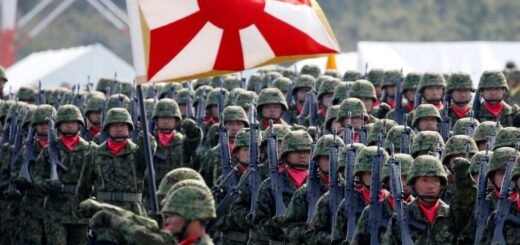Japan’s Olympic success goes far beyond sports

The Tokyo Olympics showcased the significant social progress taking place in Japan. The event has also left a good impression of Japan around the world, including in rival Asian countries, such as South Korea and China.
The Kootneeti’s Indo-Pacific Editor Duncan Bartlett has been discussing the Olympics with the BBC’s Fiona Stalker.

Fiona Stalker: As Olympics Tokyo 2020 comes to a close, how will the strangest of games be remembered? Will Japan be able to capitalise on playing host to the world’s top sports stars after considerable opposition to the games from the public? I’m delighted to be joined by Duncan Bartlett.
Duncan, key allies of Japan, the US and France were represented by VIPs at the opening ceremony. But I noticed that China didn’t send any political figures to the Games.
Duncan Bartlett: That is correct but I believe that nevertheless these games have given a good impression of Japan to people from South Korea and China. Those are countries with which Japan has complex diplomatic relations. The South Korean delegation actually unfurled a banner in the Olympic Village, referring to a 16th century war between Korea and Japan – a provocative move. It was quickly taken down after pictures of it spread on social media. Some Chinese athletes were photographed wearing badges representing chairman Mao next to their medals. That appeared to infringe the International Olympics Commission’s ban on using the Olympic platform for propaganda or political messaging.
FS: One of the things that’s really interested me – and I’ve been an avid watcher of the games – is that I think the tone of the games has emphasised inclusion, diversity, gender equality. These are values that Japan has obviously decided to showcase.
DB: I think Japan was emphasising that this is a society which is changing. Japan often receives criticism for having fewer women positions of senior responsibility than some other countries. However, many Japanese women were prominent on the global TV coverage including the organising committee president, Seiko Hashimoto, Tokyo’s Governor, Yuriko Koike and Olympics Minister, Tamayo Marukawa. A Japanese woman even took a boxing gold, when a 21-year-old psychology student called Sena Irie knocked her opponent to the floor.
So not only was there plenty of excitement generated by Japanese female athletes this was also a very well organized event, with women at the helm.

FS: There was goodwill and hospitality towards Team GB. What does that say about what the relationship is just now between Japan and Britain?
Well, actually Britain and Japan are enjoying an excellent relationship at the moment. The two countries managed to reach a post-Brexit trade agreement quite quickly and the Royal Navy will be sending the Queen Elizabeth aircraft carrier strike group to the region soon. So I think the Olympics has strengthened Japan’s links with many different countries, including Great Britain, but I think it’s also had the important function of reducing the continued tension between Japan and its East Asian neighbours.
FS: Overt political gestures were banned by the International Olympic committee. Although some athletes did bend the rules.
DB: Indeed, German women’s hockey captain. Nike Lorenz was granted permission to wear a rainbow colored band on her socks. The international Olympic committee agreed to that to support the LGBT cause. And of course this was a theme of the whole Games; inclusion, diversity. I think we are going to see a different approach when the Beijing Olympics takes place in February next year – that’s the winter Olympics. I expect the Chinese are going to send their own political messages. They will be different from the ones sent from Tokyo.
FS: Politicians in other countries have called for a boycott because of China’s human rights record.Do you think Japan will boycott the Beijing 2022 Winter Olympics?
DB: No, Japan won’t want to stir up trouble with China on that issue. So the Japanese and the Chinese will definitely compete together in Beijing 2022. But there’s still a question mark about the political implications of sending athletes from Team GB to the Chinese Winter Olympics.
FS: Fascinating speaking to you. Thank you very much.


















